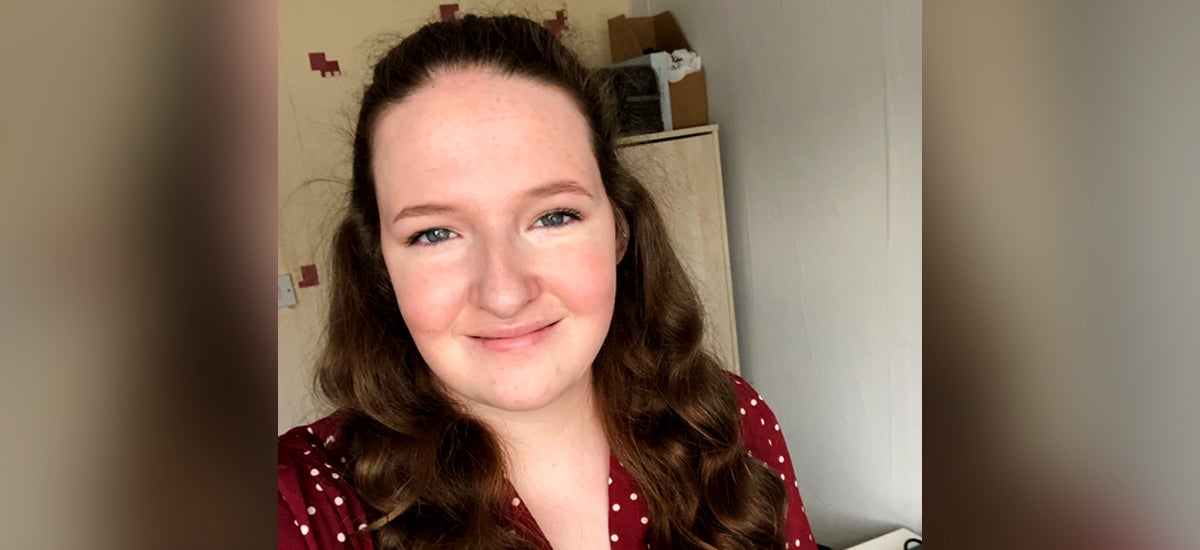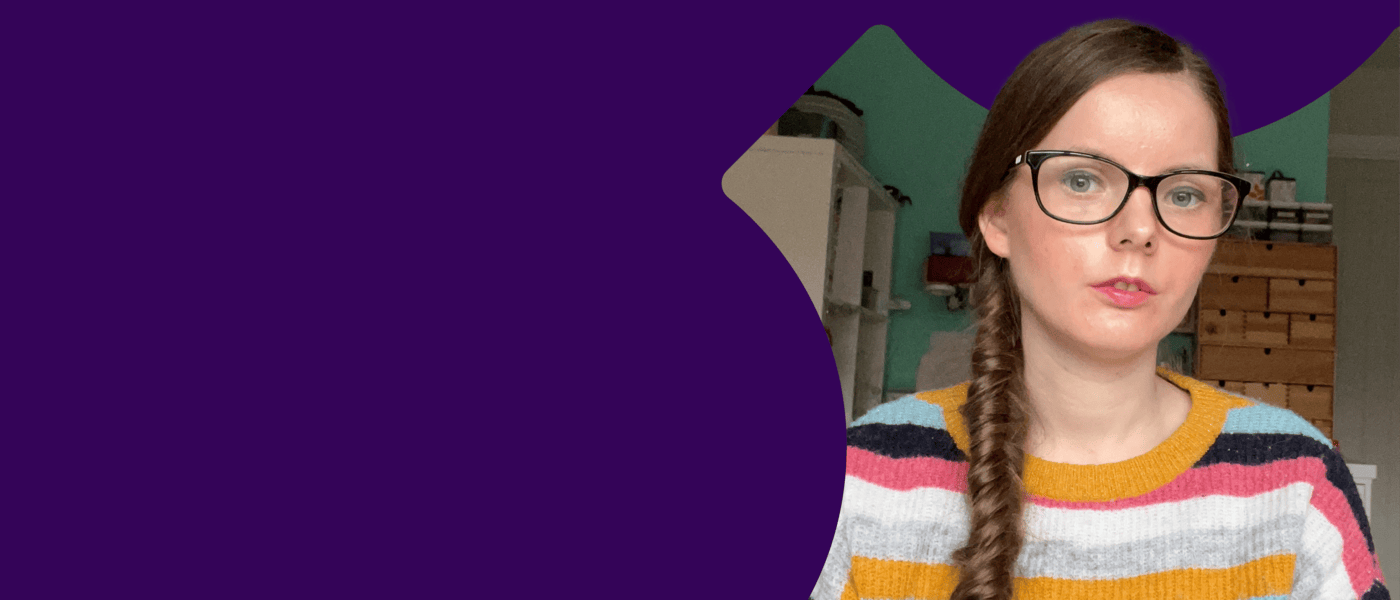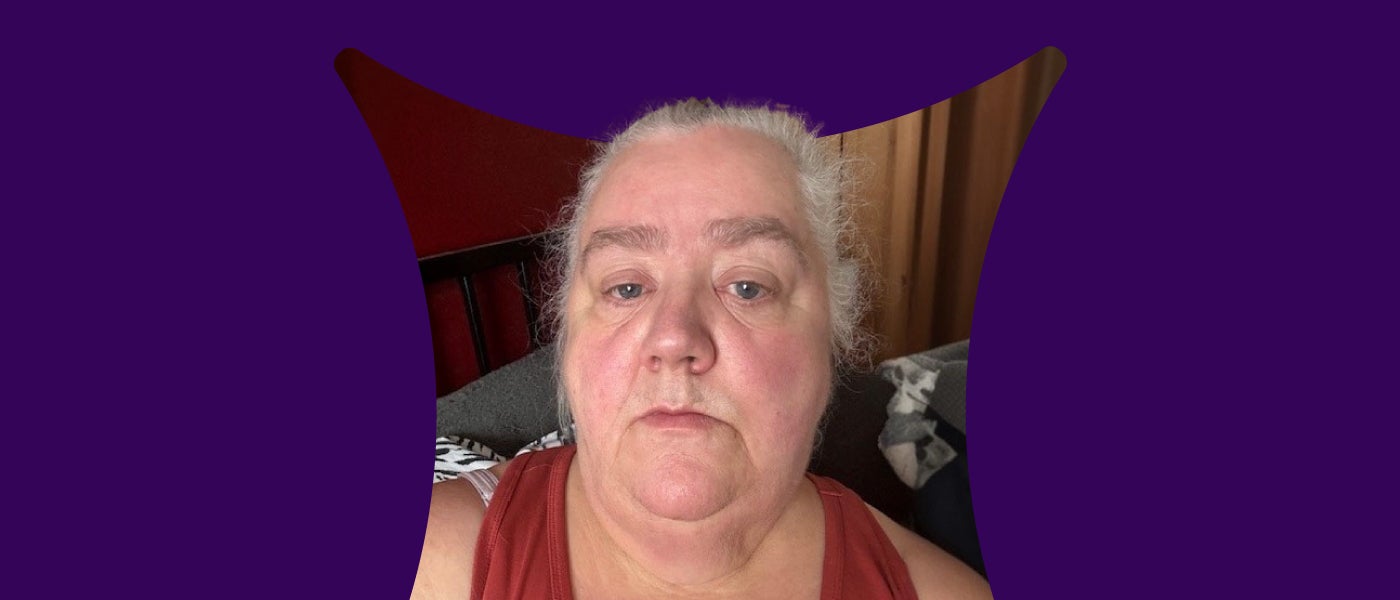- Home
- News and stories
- It took almost a year for the government to send me a shielding letter. Luckily, I knew my condition better
It took almost a year for the government to send me a shielding letter. Luckily, I knew my condition better
 17 March 2021
17 March 2021
When shielding was announced in March 2020 the criteria used was so narrow that I never expected to receive a letter.
So I wasn’t surprised that I didn’t get a letter, even though I know I’m high risk. I've spent years having my condition misunderstood by medical professionals.
Like many other disabled people, the frustrations I felt around not being told to shield was mostly the fact that it meant I couldn't access vital support like supermarket delivery slots. Because of this, my sister was having to go to the supermarket, increasing the risk of bringing the virus into our home.
I felt forgotten too, but relieved that I knew my body and condition enough to know that shielding was the right decision, whether the government agreed or not.
For shielders in my position, it felt like there was no support
There was really no support out there for people like me who had not been asked to shield but had decided to themselves.
Priority access to a supermarket delivery slot and more mental health support would have benefited me greatly. And simply more communication with my medical professionals.
Like many disabled people, my health has taken a hit from the increased time at home, especially since I've had to stop the only exercise I can do, swimming, and this has had a real knock-on effect on my body. But, at the same time, a lot of my regular care was paused, so I felt quite alone in dealing with these extra pains and problems.
I count myself really lucky that, even before the pandemic, I had a strong online community and network of friends I could call upon to support and distract me.
I'd experienced being isolated at home before and so I was probably in a better position than most to cope with a pandemic. But it was hard seeing my loved ones struggling, and I struggled with being apart from my girlfriend.
As a disabled person I heavily rely on routines for both my physical and mental health and I found it tough having them disrupted. Throughout this whole pandemic I've often felt quite overwhelmed.
It took almost a year to receive my shielding letter
It was a great relief when the letter came through informing me I was now officially being told to shield, but I was also frustrated.
I'd spent weeks at this point going back and forth with my GP over whether I was even eligible for the vaccine in group 6, let alone group 4. So it was a weight off my shoulders to know that I would now have that vital access to the vaccine.
I'm angry that it took almost a year for the government to come to the same decision I had made in a matter of days at the start of the pandemic.
I was offered support by my council, which I was grateful for, but almost a year into the pandemic is not the time I needed support. I needed it when you couldn't get a supermarket delivery slot and when all my regular medical care stopped.
I shouldn’t have had to go through this alone
One year into this and, like many others, I've found ways to manage on my own.
But, when shielding paused in the summer last year, I took a couple of in-person jobs. I felt if the government didn't deem me high risk enough to shield and shielding had paused, then it was safe. But, in hindsight, if I had been officially shielding, I wouldn’t have taken those jobs.
I felt really alone in having to make those personal risk decisions.
Even though I've had the vaccine now, I am far more hesitant about returning to work. I'm a photographer as well as a freelance writer, and as the theatre industry reopens, I have had offers of photography work that I've had to decline.
I've spent the last year being cautious, but I definitely am hyper aware now that others agree I'm high risk, and that definitely adds a layer of reality to the equation.
Read more about our campaign to ensure disabled people are included in government plans and take action.
Together we won’t let disabled people be forgotten. #WontBeForgotten
 17 March 2021
17 March 2021








